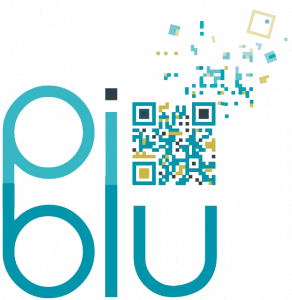
Global cyber-attacks have significantly increased over the past couple of years with many companies suffering data breaches and ransomware attacks, as well as inadvertently sharing sensitive information through phishing scams.
Cyber-attacks can happen to any organisation, at any time, irrelevant of size or their service offering. In fact, small to medium sized enterprises (SME’s) tend to be more open to vulnerabilities.
As we look into the future, we can expect cybercriminals to keep developing new and more sophisticated ways to steal information from unsuspecting victims. Having a robust cyber security plan will ensure that your company’s data and sensitive information is kept safe and secure, no matter where your team members are working, whether this is in the office or remotely.
We have detailed below some tips around account and device protection that you can undertake as part of your overall strategy, to stay safe and protect yourself online.
Passwords – Make These Strong and Unique
To secure your online accounts it is important to use strong passwords to reduce the risk of falling victim to attacks from cybercriminals who attempt to guess login credentials.
Use a passphrase – one way to create strong passwords is to use passphrases, or strings of unrelated words that you use as a password. They are easier to remember compared to typical passwords that contain random numbers, letters, and symbols.
Different passwords for different accounts –if one gets compromised, then your other accounts won’t be accessible with the same password.
Use a password manager – it can sometimes be hard to remember all your passwords so you can store them safely and securely in an encrypted password manager. Be sure to have a very strong master password to access your password manager account to avoid having your information hacked.
Use Multifactor Authentication (MFA)
In addition to having a strong password, MFA improves your account’s security by requiring you to enter two or more factors to verify your identity when you log in to your account. These authentication factors could be, facial or fingerprint scan, a one-time PIN (OTP), or physical key. By enabling MFA, even if a cybercriminal gets hold of a username and password, they won’t be able to access your account if they can’t provide the other authentication factors.
Install the Latest Software and App Updates
As soon as they are available, you should apply updates to your apps and your device’s software. Updates include protection from viruses and other kinds of malware, as well as often including improvements and new features. Applying these updates is one of the most important and quickest things you can do to keep yourself safe online.
IT Support and Disaster Recovery to Protect Your Business
It’s important to ensure you have a good IT plan in place, so you are not leaving your business open to vulnerabilities, especially with flexible and hybrid working changing how many of us work.
The biggest fear a company can have is losing their ability to recover from such instances as a cyber-attack. In the age of digitalisation, a company must have every procedure in place to recover all data and operations rapidly before it seriously impacts their operations. Having the right IT support partner with the right expertise will ensure all your cyber security needs are covered, leaving you time to focus on the core running of your business.
Whether you need additional support for your internal IT team, would like to fully outsource your IT or talk to us about developing a Cyber Security Strategy, we can help. To book a complimentary consultation to discuss protecting your business, please email info@piblu.co.uk or call us on 0161 388 8188.




